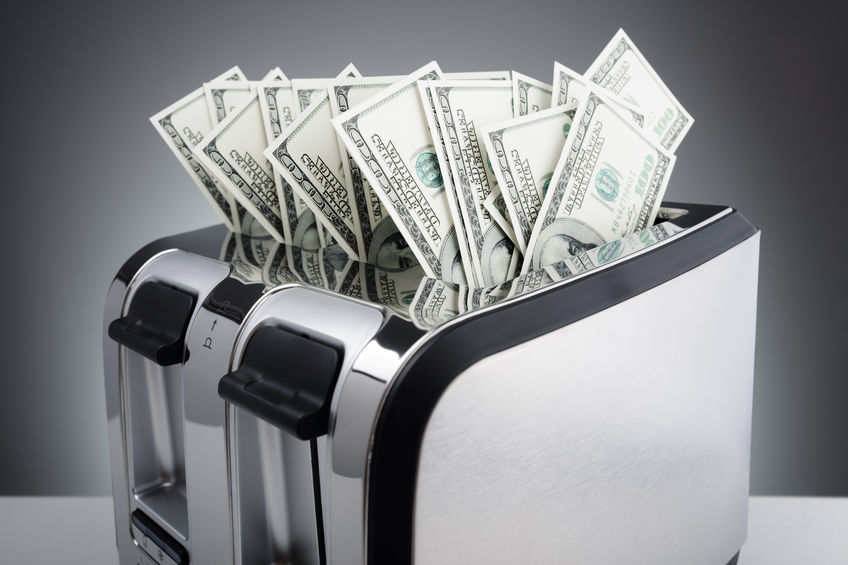Cold winter temperatures and high natural gas prices are generating utility bills that are too hot to handle for New Yorkers.
“I looked at my gas bill, and it’s going up — it seems like by the hundreds,” said Cheektowaga resident Ruth Alford to Buffalo’s WUTV in December. Applications for the state’s Home Energy Assistance Program have surged.
New York utility companies estimate residents are paying 20% to 40% more on natural gas bills this winter than last. These increases are in addition to similar large rate hikes last year. ConEdison projects average residents can expect to pay $419 per month for natural gas.
State and federal opposition to natural gas production has artificially depressed supply and is partly responsible for high bills. New York State forbids fracking, and the Biden administration has approved the fewest federal oil and gas drilling permits since the Truman administration.
Additional regulations threaten to make the affordability problem worse. Gov. Kathy Hochul recently proposed a state cap and trade emissions system, and the Biden administration has announced new rules on methane emissions, a byproduct of natural gas production.
High energy prices disproportionately hurt residents on fixed incomes and small businesses with thin profit margins. Before costs spiral any further out of control, a robust climate and energy policy debate is urgently needed.
To help address the problem of unaffordable utility bills, Gov. Hochul recently announced that taxpayers will pay $672 million to bail out the past-due energy bills of 478,000 residential customers and 56,000 small businesses. In her State of the State address, Gov. Hochul also announced she would ban natural gas furnaces in new buildings. The state government recommends residents use clotheslines instead of dryers to reduce energy costs.
Such drastic measures are allegedly needed to stave off the worst effects of climate change. Gov. Hochul claims her energy policies “protect our communities and the next generation of New Yorkers from the growing threats of the climate crisis.” United Nations Secretary-General António Guterres says the planet is “on a highway to climate hell with our foot on the accelerator.”
The threat of climate change supposedly rules out the obvious competing policy solution to this problem: boosting the natural gas supply. This alternative to crushing utility costs, taxpayer bailouts, and natural gas bans requires an energy policy rethink that involves overturning New York State’s fracking ban and ending the regulatory war on fossil fuels.
Can the climate handle it? The following facts suggest it can: 1) U.S. per-capita carbon dioxide emissions have fallen by nearly one-third since 2005 thanks to the free-market fracking revolution; 2) the U.S. only emits 13% of global emissions, so no net zero regulations it pursues will meaningfully affect temperature without regulations on China, which emits way more than all the developed nations combined; 3) humans can adapt to the slightly warmer temperatures predicted by the scientific community.
Steamboat Institute, as part of its Campus Liberty Tour, is bringing this urgently needed energy and climate policy discussion to Cornell University on March 15, in conjunction with the Cornell Free Speech Alliance. Robert Socolow, professor emeritus at Princeton University, and Steven Koonin, former Undersecretary for Science in the Obama Administration, will debate the following resolution: “Climate science compels us to make large and rapid reductions in greenhouse gas emissions.”
The United Nations claims climate change is a “code red for humanity” with “billions of people at immediate risk.” That may be true, but not necessarily in the way the U.N. has in mind. As Dr. Koonin argues, “Precipitous climate action is a far greater threat than climate change.” The unaffordable energy bills facing many New Yorkers this winter give credence to his claim and necessitate a long overdue climate and energy policy debate.
This article originally appeared at Real Clear Energy
